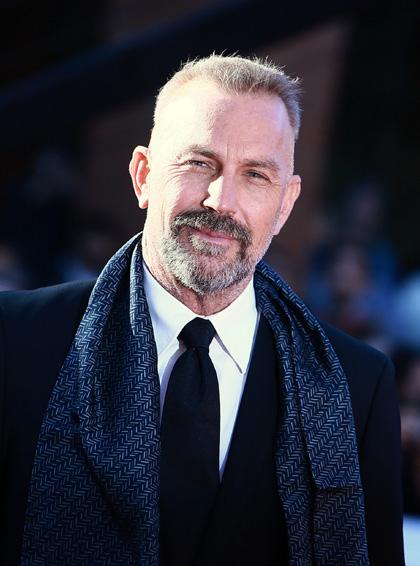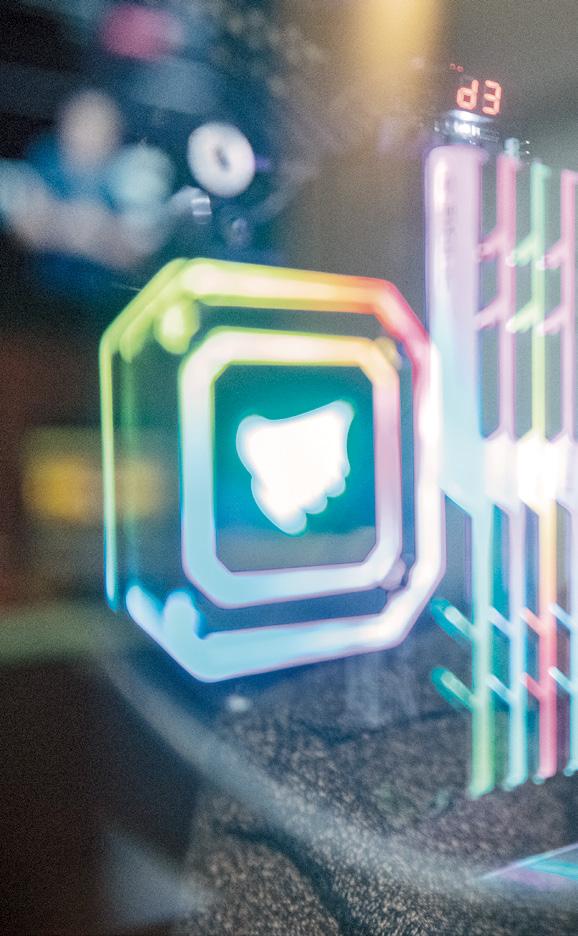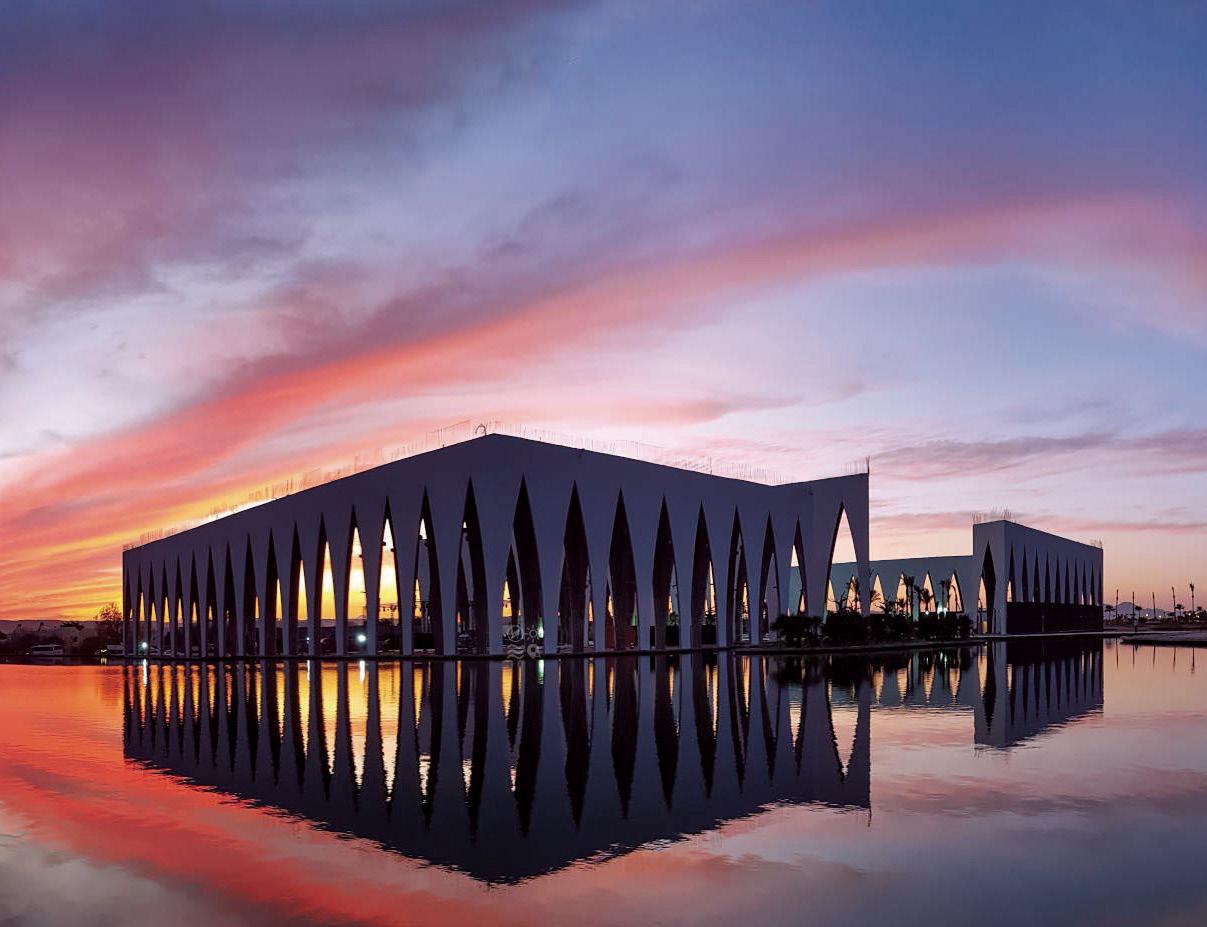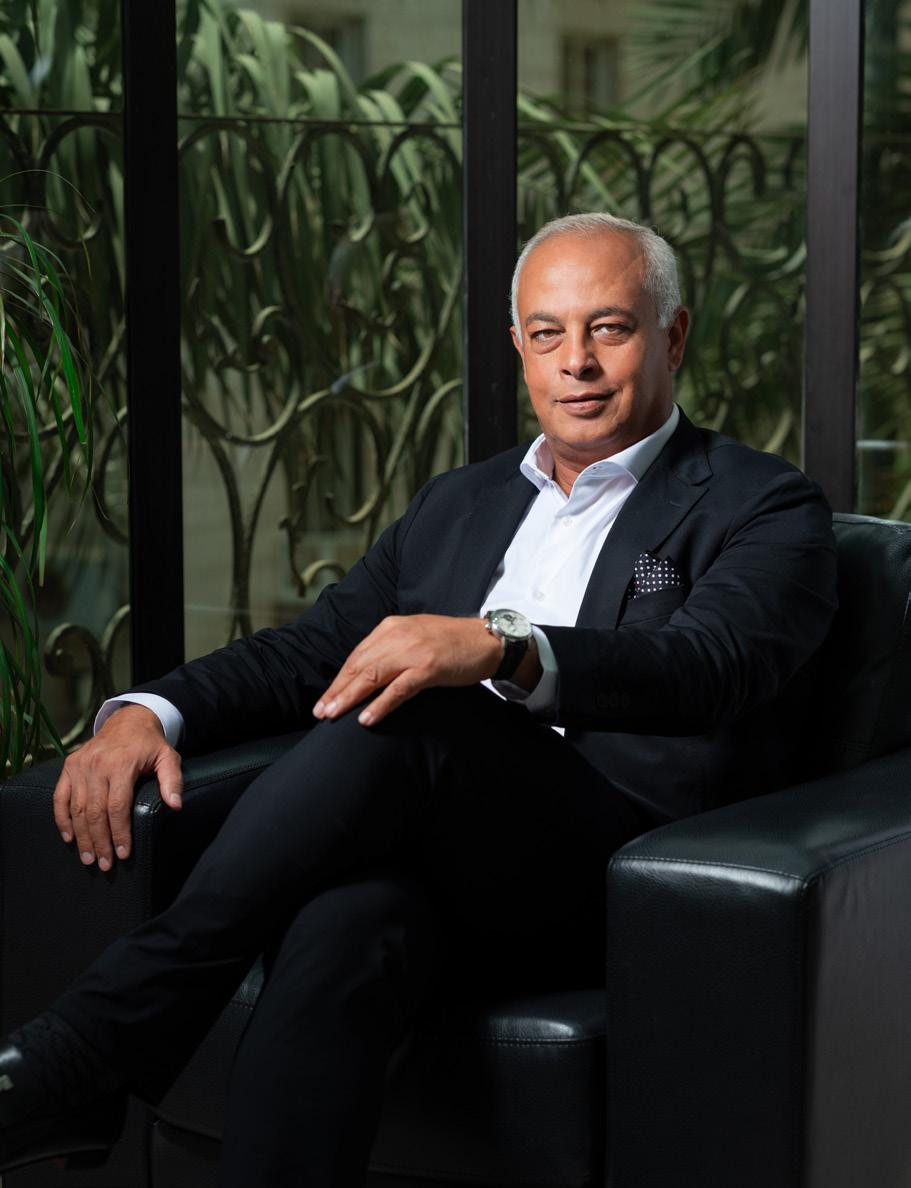
3 minute read
World’s Billionaires Musk Vs Zuckerberg: Who’s Winning The Tech Billionaires’ Brawl?
While the rivalry between centibillionaire media moguls Elon Musk, co-founder of Tesla and SpaceX and owner of Twitter, and Mark Zuckerberg, founder, chairman, and CEO of Meta, the parent company of Facebook, Instagram, WhatsApp, and Messenger, has recently intensified, the pair have been sniping at each other for years.
Highlighting just a few examples, in 2016, an unmanned SpaceX Falcon 9 rocket blew up on its launchpad in Cape Canaveral, Florida during a test, also destroying a satellite that Facebook had planned to use, leading to Zuckerberg expressing his disappointment in a Facebook post. A year later, Zuckerberg shared his optimism about AI via a live video. Musk, unimpressed, said in a tweet: “I’ve talked to Mark about this. His understanding of the subject is limited.” Then, in 2018, Musk joined a campaign that urged users to delete Facebook over privacy concerns. Musk’s SpaceX and Tesla left the site.
Their bickering escalated last month when Zuckerberg launched Threads on July 5, a new social media app linked to Meta’s Instagram to rival Twitter. It only took five days for Threads to hit 100 million users, according to online data service Quiver Quantitative, dethroning ChatGPT’s record as the fastest-growing consumer app in history. It took ChatGPT two months to reach 100 million users.
BY
See you in court
Threads, designed for real-time public conversations, allows users to post comments up to 500 characters long, compared to Twitter’s 280-character threshold. Links can be added to posts that could also include images and videos up to five minutes in length. A user can easily share a Threads post through an Instagram story or share it as a link on other platforms.
On the day of the Threads launch, Twitter lawyer Alex Spiro sent a letter to Zuckerberg accusing him of poaching former Twitter employees to create a “copycat” platform. In the letter, Spiro accused Zuckerberg of hiring dozens of ex-Twitter employees who “had and continue to have access to Twitter’s trade secrets and other highly confidential information.”
Andy Stone, Communications Director at Meta, responded in a post saying, “No one on the Threads engineering team is a former Twitter employee— that’s just not a thing.”
Free speech vs hate speech
Both billionaire founders have faced criticism outside of their spat. Facebook became the bad guy in 2016 as it was revealed how unprepared the platform was to police fake news. As the year unfurled, the company had to deal with a series of controversies that included the spread of disinformation about candidates in the lead-up to presidential elections, reaching the platform’s then 1.79 billion monthly active users. In 2019, Zuckerberg was called to appear before the US Congress. Zuckerberg told lawmakers he was open to regulation as long as it didn’t impact its business model and users’ ability to communicate freely.
In October 2021, former Facebook product manager and whistleblower Frances Haugen alleged that company executives, including Zuckerberg, had misled investors for years and that the platform had allowed hate speech and misinformation to go unchecked, putting profits before its users. FTC imposed a $5 billion penalty and sweeping new privacy restrictions on Meta in 2019, prompting the social media firm to introduce stricter privacy settings on all its social media platforms—Facebook, WhatsApp, Instagram, and Messenger. Online safety was also emphasized. For businesses, Meta introduced new advertising solutions on Facebook, like AR ads and Facebook stories ads.
On July 11, 2023, Musk tweeted on his official account, “you are free to be your true self here.” But while Musk gives importance to free speech, the platform is often accused of allowing hate speech, violence, or harassment, things that Musk says he will not tolerate as owner. Twitter’s rules were highlighted as the billionaire continued in his quest to make the company more profitable. The social media firm stated it will “ensure all people can participate in the public conversation freely and safely.” In 2022, Twitter reinstated accounts that were previously suspended or banned. Over 60,000 accounts were restored, which included former U.S. President Donald Trump’s.
In early December 2022, Musk started releasing internal Twitter communications, which he called “Twitter Files,” claiming that they disclosed the platform’s previous efforts to suppress free speech, especially from conservative voices. He also revamped Twitter’s verification system, introducing the “Twitter Blue” paid premium subscription service, adding a blue checkmark to a user account, a gold checkmark for companies and brands, and a gray checkmark for government and multilateral accounts.
In February 2023, Zuckerberg introduced Meta Verified, adding a blue checkmark to profiles or pages confirming authenticity.
Elon Musk Mark Zuckerberg
24: Musk co-founded online bank X.com in 1999, which merged with Confinity in 2000 to form PayPal.
Musk has co-founded six companies, including Tesla, SpaceX, and the Boring Company. He acquired Twitter for $44 billion in April 2022.
Twitter: 353.9 million
Source: BankMyCell
Rank
Years active
Companies
Approximate number of platform users as of July 2023
19: Zuckerberg cofounded Facebook in 2004.
Zuckerberg owns around 13% of Meta Platforms, which owns and operates Facebook, Instagram, Threads, Messenger, and WhatsApp.
Meta: 3.81 billion
Facebook: 2.99 billion
Threads: 105 million
Source: Meta
By Alex Konrad









